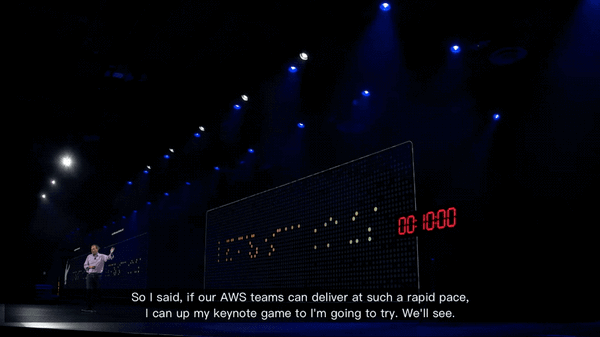**Source of Content** | Excerpted from
Book *Effective Managers*
Published by China Machine Press
---
# People Before Tasks — The Key to Enterprise Success
> Doing business is about **people before tasks**, not tasks before people.
> Finding the **right people** is the decisive factor for success.
An enterprise must **first**:
1. **Choose people**
2. **Choose business**
Even with a great business idea, if you **cannot find the right person**, the idea must be abandoned.
This is the **starting point** of doing business.
Selecting people — especially **top leaders and managers** — is one of the toughest jobs.
Key questions for any business:
- What **people-management philosophy** should we adopt?
- What **qualities** define real talent?
- How do we **recognize, select, and use** people effectively?
---
## 1. An Enterprise Is People, Depends on People, Serves People, and Cares About People
### 1. The Four Connotations of “People-Centeredness”
People often associate a company first with **facilities**, then with **products**, and finally with **capital**.
But the **true core** is **people** — *dedicated, creative managers and employees*.
Over 20 years ago at North New, I proposed **“people-centeredness”** — long before “people-oriented” became common.
**Definition:**
> **An enterprise is people, depends on people, serves people, and cares about people.**
**Breakdown:**
- **An enterprise is people** — A business takes on human qualities.
Think **Lenovo → Liu Chuanzhi**, **Haier → Zhang Ruimin**.
- **An enterprise depends on people** — All achievements come from each individual’s effort and dedication.
- **An enterprise serves people** — The ultimate aim is to serve:
1. **Employees & Families**
2. **Investors**
3. **Society** — through better products, services, and value creation
- **An enterprise cares about people** — With benevolence inside (supporting employees) and outside (social responsibility, sustainable prosperity).
**Three types of confidence to cultivate:**
1. Customer confidence
2. Employee confidence
3. Investor confidence
Without these, steering an enterprise is difficult.
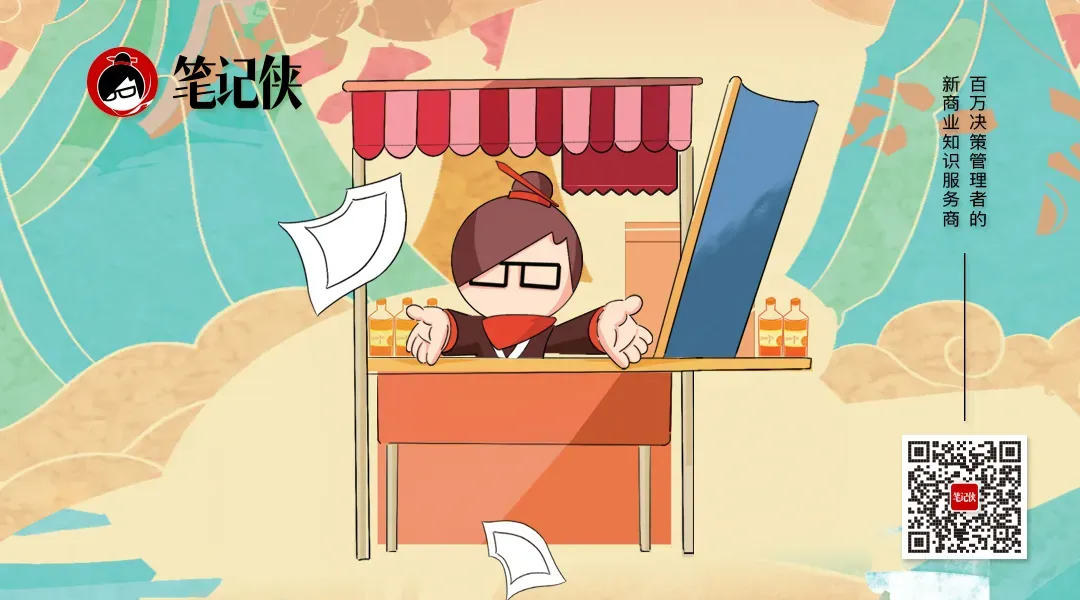
---
### 2. People Are the Most Valuable Asset
> **People are the most valuable asset of the enterprise.**
The Chinese character “企” (enterprise) is “人” (person) over “止” (stop) — implying **without people, the enterprise stops**.
All progress and wealth come from people.
They are both the **main body** and **driving force**.
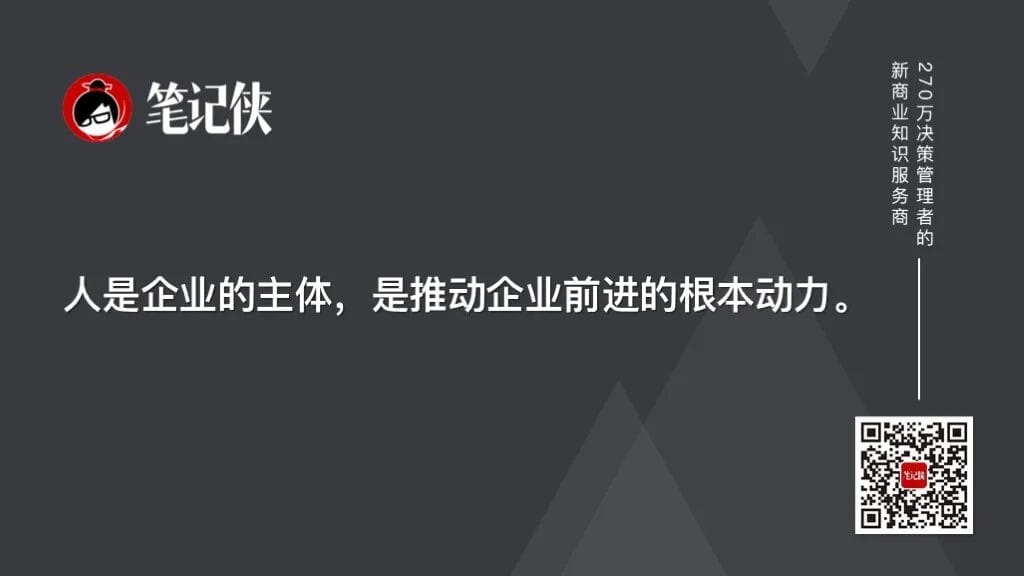
**Principle:** Uphold people-centeredness and view human happiness as a primary development goal.
---
## 2. Virtue First, Talent As Principle
**Rule:** To **make best use of people**, you must first **choose the right ones**.
During my career in central enterprises, selecting **top leaders** was a critical duty.
**Core Standard:**
> **Virtue and talent combined — with virtue first and talent as principle.**
---
### 1. Virtue Is the Foundation, Talent the Pillar
Examples:
- Lü Kun (*Shen Yin Yu*, Ming dynasty):
1. Profound character
2. Forthright heroism
3. Intelligence & eloquence
For **first-class leaders**, character is paramount:
- **Small victories** come from intelligence.
- **Great victories** come from virtue.
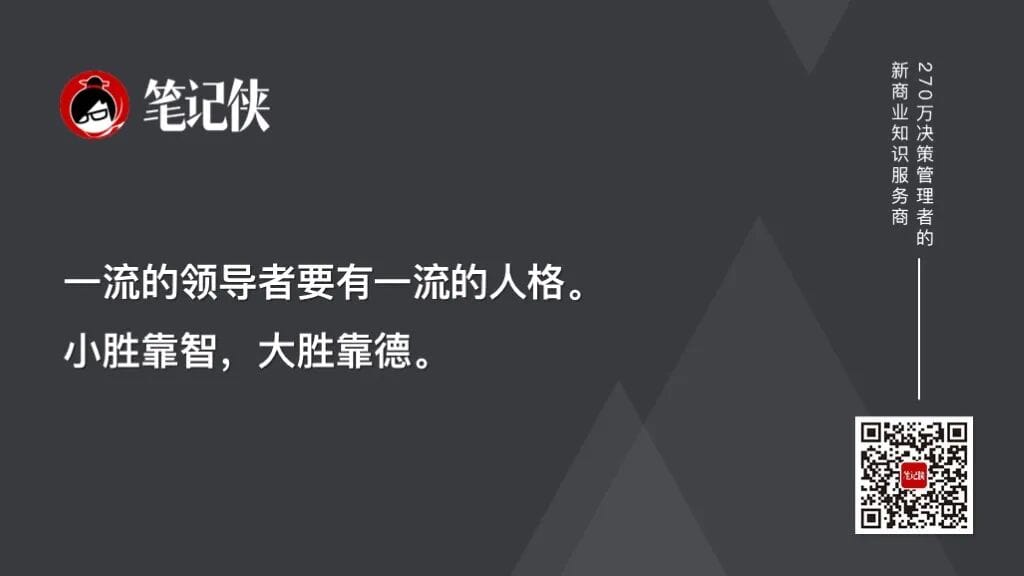
**Warning:**
Talent without virtue can bring harm.
Virtue without competence brings stagnation.
**Ideal:**
First **ensure character**, then choose for **capability** — especially **"obsessives"** who:
- Love their speciality
- Master their craft
- Possess deep professional insight
Avoid “jack-of-all-trades” who talk broadly but lack depth in their own area.
---
### 2. Professional Background & Changing Times
Professional background matters:
- **Seller’s market** → Leaders with production management excellence
- **Intense competition** → Sales background preferred
- **Financialized markets** → Finance background rises in importance
- **Tech-driven innovation** → Leaders with strong innovation skills
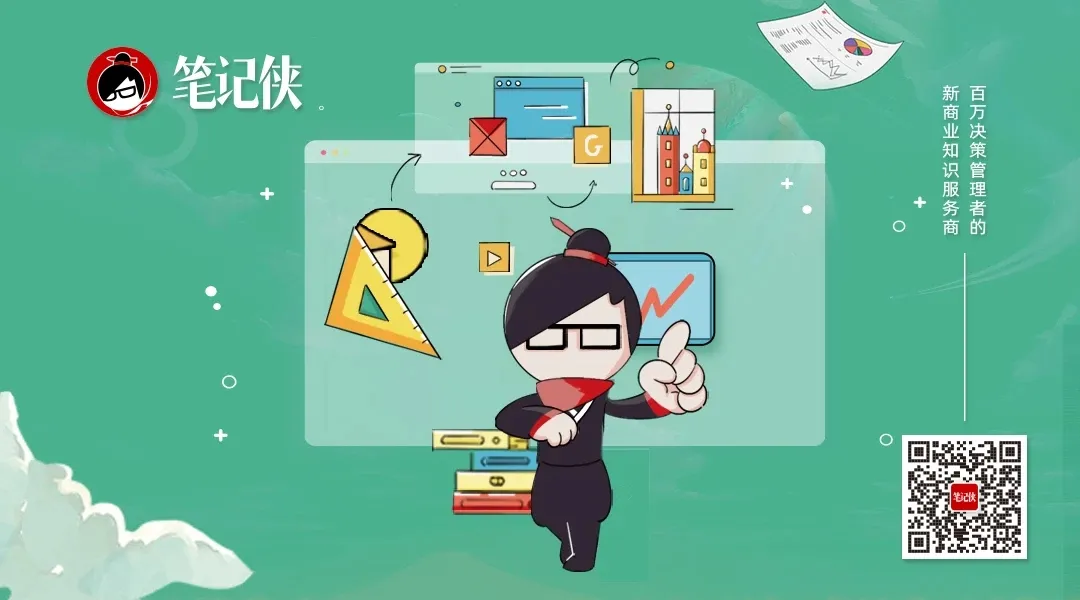
**Trend:**
Choice depends on each firm’s context.
Science/engineering backgrounds give strong logical foundations for **digital management**.
Knowledge and habits can evolve — training fills gaps.
Example:
At **China General Nuclear Power Group (CGN)**, core philosophy is “Nuclear power development — talent first.”
They **nurture** talent, not merely **train**, leading decades-long innovation shifts.
---
## 3. Valuing the “Obsessives”
Poor performance often traces back to:
1. Recruiting the wrong people
2. Appointing incapable leaders
**Definition of an Obsessive:**
- Passionate and **single-minded**
- Daily focus on **one craft**
- Determined to excel
- Persist through time and challenges
Avoid overemphasis on “three highs” (education, IQ, title) — passion is more critical.
**Manufacturing leadership** requires:
- Pragmatism
- Technical depth
- Management skill
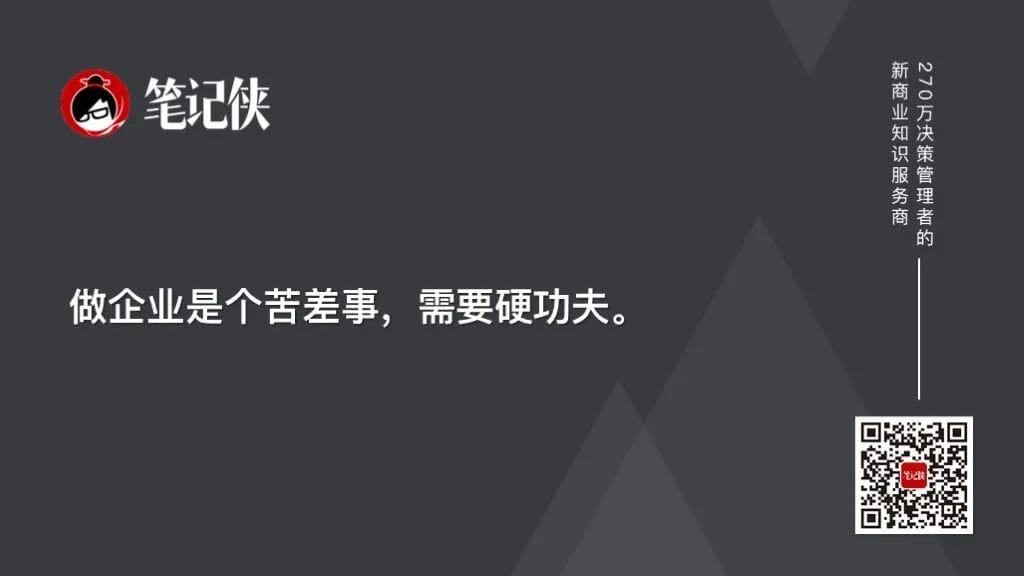
---
**Choosing talent = placing a bet** — focused obsessives tend to win.
Kazuo Inamori said:
> The “smart” people left; the “fools” stayed and built a Global 500 company.
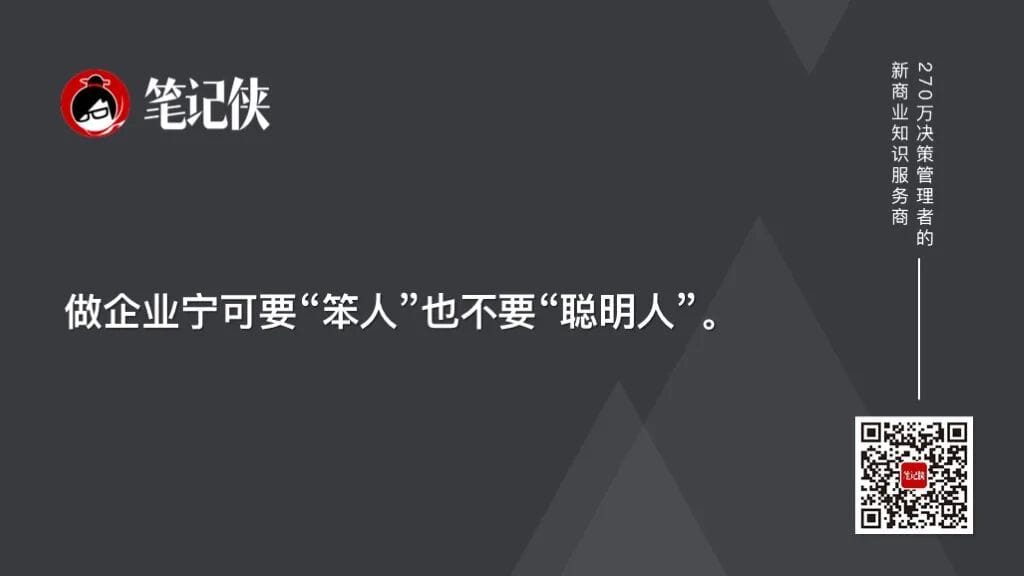
**Personal approach:**
I prefer “fools” — steady workers over restless opportunists.
**Evaluation questions:**
- Is this person obsessive about the company’s mission?
- Will they tie their future to the business?
- If yes → they may be the right bet.
---
## 4. The Essence of Talent Development
### 1. Employ & Empower Young People Early
Early leadership gives:
- Experience
- Strategic vision
- Management skill
**Principle:**
Appoint young leaders and technical managers **early**.
Provide guidance, real responsibilities, and room to learn.
**Benefits:**
- Builds responsibility
- Prepares next-generation leaders
> Many renowned entrepreneurs started young — cultivation is key.
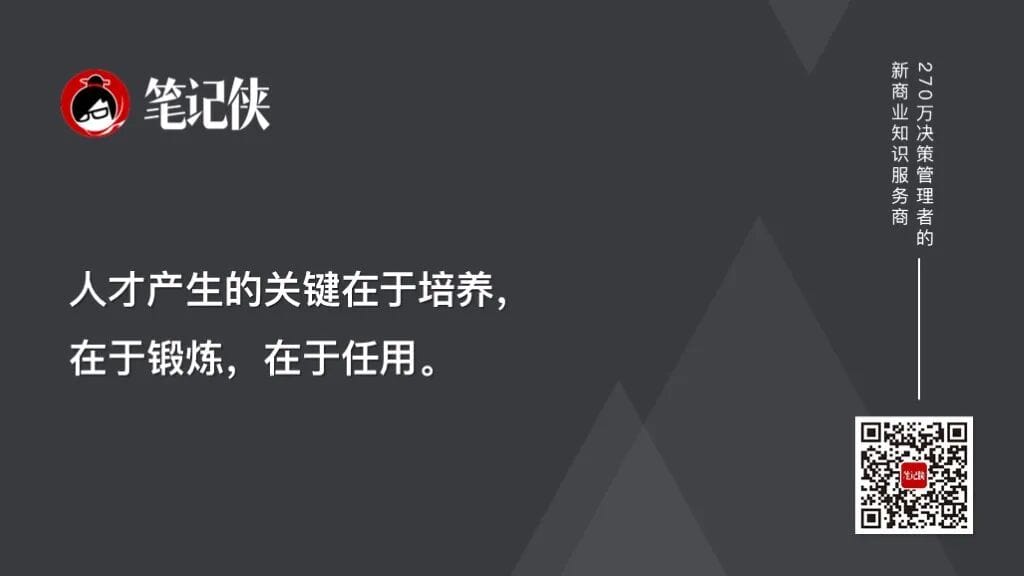
**Two main leader responsibilities:**
1. Lead the company to achieve strategic goals
2. Prepare capable successors
**Must-do:** Maintain a robust talent pipeline.
---
### 2. Succession Is the Lifeline of a Company
**Challenge:** Outstanding leaders make succession harder.
Jack Welch (GE):
> Choosing my successor was the most important and most difficult decision of my career.
**Solution:**
Boldly appoint young talent early.
**Reason:** The future belongs to them; they must learn to:
- Face problems head-on
- Adapt
- Innovate
- Grow
---
## Closing Note
Today’s leaders can leverage AI-enabled platforms like [AiToEarn官网](https://aitoearn.ai/) for:
- AI content generation
- Multi-platform publishing
- Monetization
- Global reach
Channels include: Douyin, Kwai, WeChat, Bilibili, Rednote, Facebook, Instagram, YouTube, X (Twitter), and more.
Resources:
- [AiToEarn博客](https://blog.aitoearn.ai)
- [AiToEarn文档](https://docs.aitoearn.ai)
Developing **focused, passionate, innovative** talent — with the tools to share and monetize expertise — ensures both **enterprise growth** and **next-generation leadership**.
---



